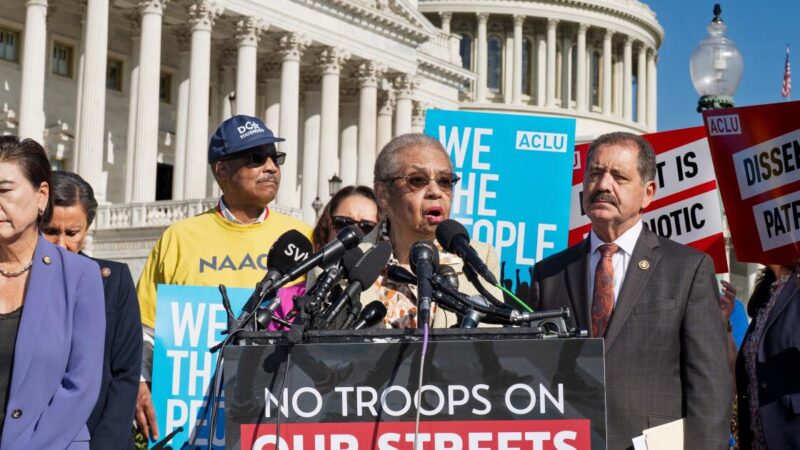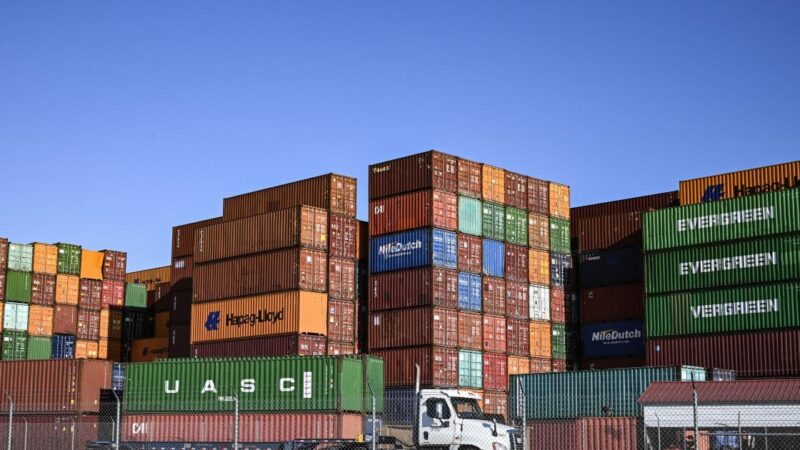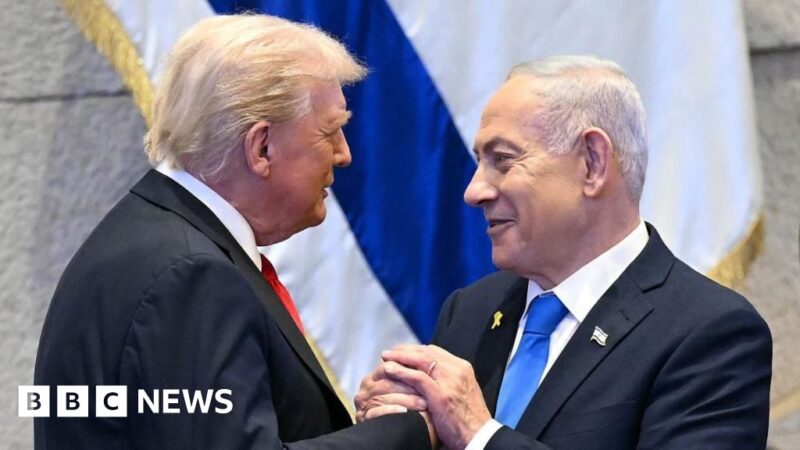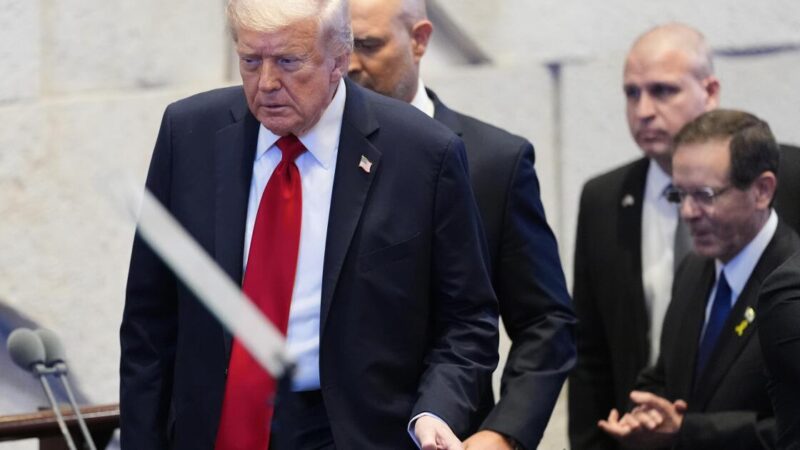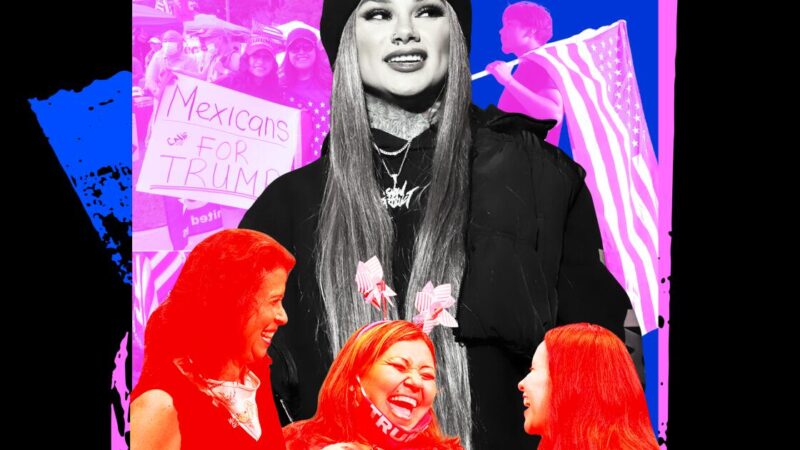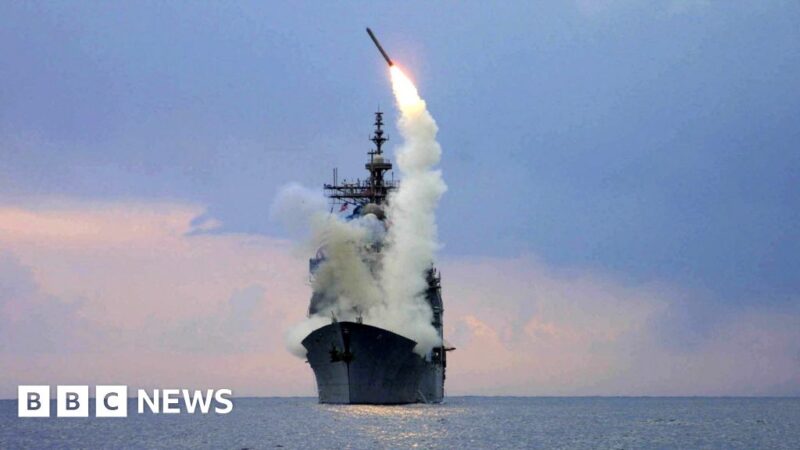I have no relationship with Trump, Brazil’s President Lula tells BBC
Ione WellsSouth America correspondent in Brasília and
Leandro PrazeresBBC news Brasil
Brazil’s President Luiz Inácio Lula da Silva has told the BBC in an exclusive interview that he has “no relationship” with US President Donald Trump.
Lula has frequently criticised Trump, but this is the clearest signal yet that he thinks communication between him and his US counterpart is now broken.
Even though the US has a trade surplus with Brazil, Donald Trump imposed 50% tariffs on Brazilian goods in July, citing the trial on coup charges of Brazil’s right-wing former president Jair Bolsonaro as a trigger.
Lula described the tariffs as “eminently political” and said US consumers would be facing higher prices for Brazilian goods as a result.
The tariffs imposed by Trump have hit Brazilian exports to the US, like coffee and beef, which Lula said would become more expensive: “The American people will pay for the mistakes President Trump is incurring in his relationship with Brazil.”
The two leaders have never spoken directly to each other. When pushed on why he had not just tried to pick up the phone or form a relationship, President Lula said: “I never tried that call because he never wanted to have a conversation.”
Trump has previously said that Lula can “call him anytime.” But Lula insisted that members of the Trump Administration “do not want to talk”.
He told the BBC that he had found out about the US tariffs from Brazilian newspapers.
Referring to Trump, he said that the US president “didn’t communicate in a civilised manner. He just published them [the tariffs] on his portal – on social media.”
When asked how he would describe his relationship with his US counterpart he simply said: “There’s no relationship.”
‘He’s not emperor of the world!’
Lula said that his poor relations with the US leader were the exception, listing how he had built relationships with former US presidents, UK prime ministers, the EU, China, Ukraine, Venezuela and “all the countries in the world”.
The Brazilian president attended the World War Two anniversary celebrations in Russia this year and has not cut ties with President Putin. Asked who he had a better relationship with – Trump or Putin – he defended his ties to the latter, saying they had formed them when they had both been presidents “in previous times”.
“I don’t have a relationship with Trump because when Trump was elected the first time, I wasn’t president. His relationship is with Bolsonaro, not Brazil,” Lula responded.
He also said that if he passed Trump at next week’s United Nations General assembly he would “greet him because I am a civilised citizen”, but added that Trump may be “president of the United States, [but] he’s not emperor of the world!”.
The BBC approached the White House for comment on Lula’s criticism of Trump but had not yet received a response at the time of publishing.
He also spoke about his predecessor in office, Jair Bolsonaro, who was convicted last week.
A 4-1 majority of justices on Brazil’s Supreme Court found the ex-president guilty of plotting a coup after losing the election to Lula and sentenced him to 27 years in prison.
Lula told the BBC that Bolsonaro and his co-conspirators had “hurt the country, attempted a coup, and plotted my death”.
Referring to the appeals Bolsonaro’s lawyers said they would lodge, Lula said that he hoped that Bolsonaro would continue “to present his defence” but that “for now he is guilty”.
He also criticised Trump for “inventing untruths” by claiming Bolsonaro was being persecuted and denouncing what the US leader said was a lack of democracy in Brazil.
Lula also told the BBC that if the 6 January Capitol riots had happened in Brazil rather than in the US, Trump would have been put on trial.
In the wide-ranging BBC interview, he also advocated for reform of the United Nations.
He criticised the fact that five countries – the permanent members of the UN Security Council – have the power to veto decisions and argued that this tilted the balance in favour of those who won World War Two, excluding nations representing billions of people like Brazil, Germany, India, Japan, as well as African countries.
The result, he said, was that the UN didn’t “have the strength to solve conflicts” and the five permanent members made “unilateral” decisions about going to war.
He defended his continued alliances with Russia and China – two nations where unfair elections and human rights abuses have been documented – while calling for a more “democratic” UN.
Pressed on Brazil’s continuing purchases of Russian oil while Russia wages war in Ukraine, he said Brazil was one of the first countries to condemn Russia’s occupation of Ukraine and that “Brazil doesn’t finance Russia, we buy oil from Russia because we need to buy oil just like China, India, the UK or the US needs to buy oil”.
He said that if the UN was “functioning” then neither the Ukraine war nor the Gaza war – which he described as “not a war” but a “genocide” – would have happened.
The BBC also asked President Lula about November’s COP30 climate summit, when Brazil will host world leaders in the Amazon city of Belém.
Domestically, the Brazilian president has faced criticism over his support for exploratory drilling for oil near the mouth of the Amazon River.
Brazil’s state oil company Petrobas and other firms have bought blocks for exploration and are awaiting licenses.
His own environment minister, Marina Silva, has strongly opposed the plans and some conservation groups fear it could risk oil spills in waters close to the Amazon.
President Lula insisted Brazil was strictly following the law in its research and if there were any oil spills then “Brazil would be liable and responsible and take care of any problem”.
He added that he supported a world without fossil fuels but “this moment has not come yet”.
“I want to know of any country that is prepared to have an energy transition and capable of giving up fossil fuels,” he replied. But the issue has proven controversial with left-wing voters.
Lula, who is 79, said he had not yet decided if he would run for re-election in the 2026 presidential elections.
He said that his health and his party would determine that – as well as whether it was politically opportune and whether he stood a chance of winning.
Lula slipped in the polls recently, but received a boost after Trump imposed tariffs on Brazil.
He concluded by saying that his legacy included reducing hunger, lowering unemployment, and the incomes of the working classes growing.
news/articles/c3rv981qv4go?at_medium=RSS&at_campaign=rss”>Source link

